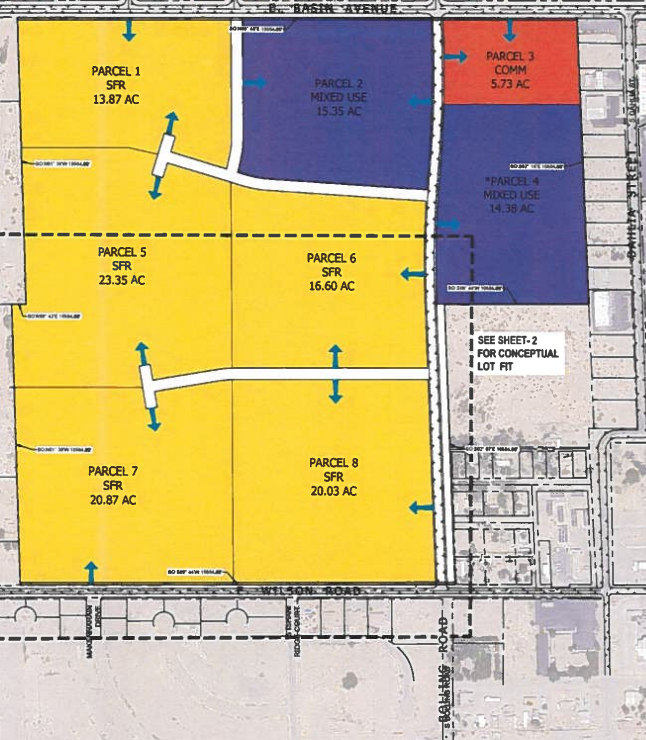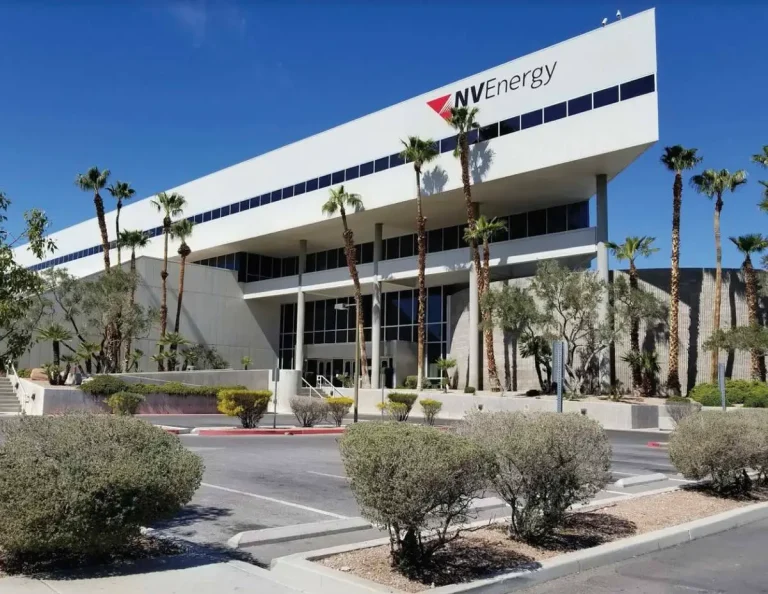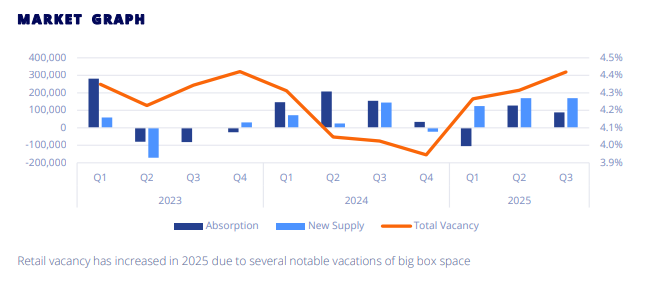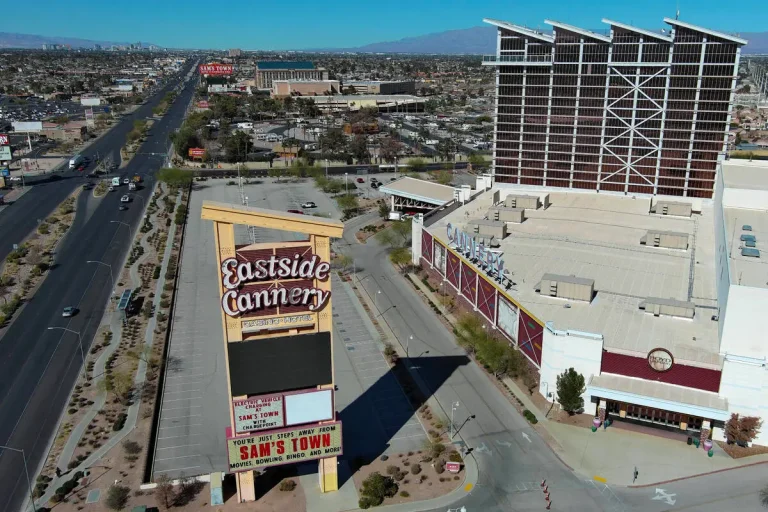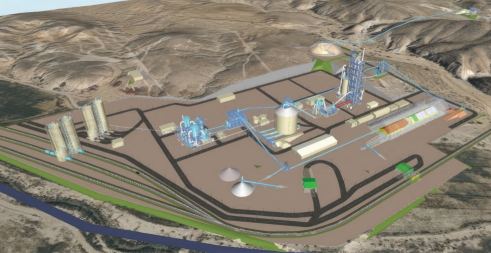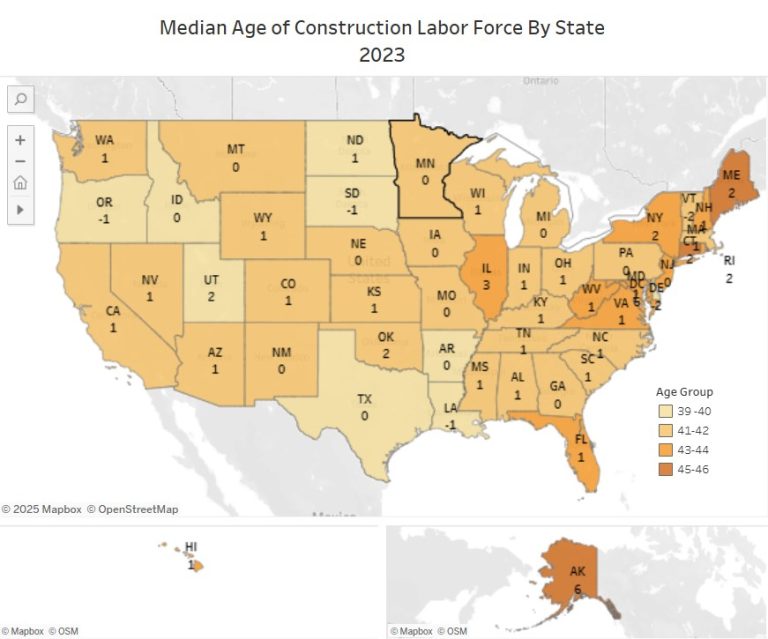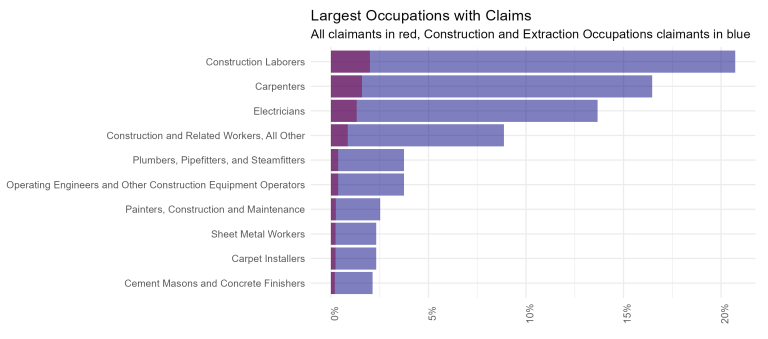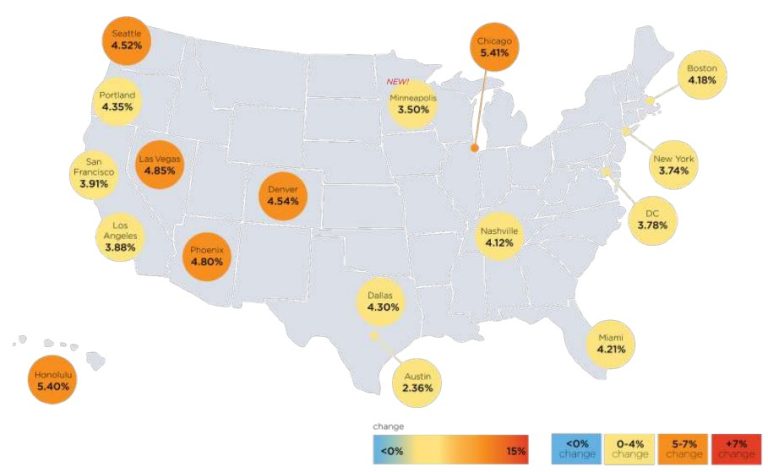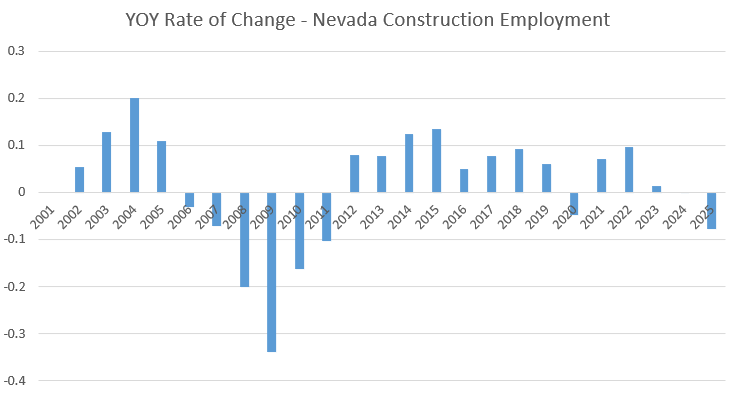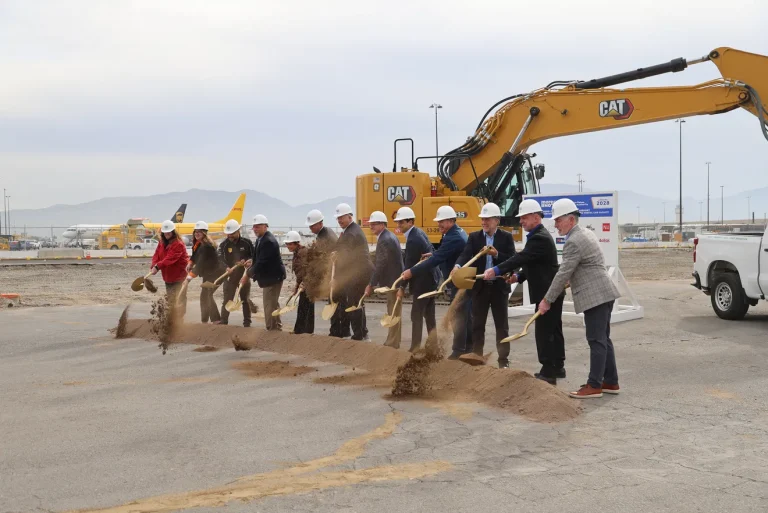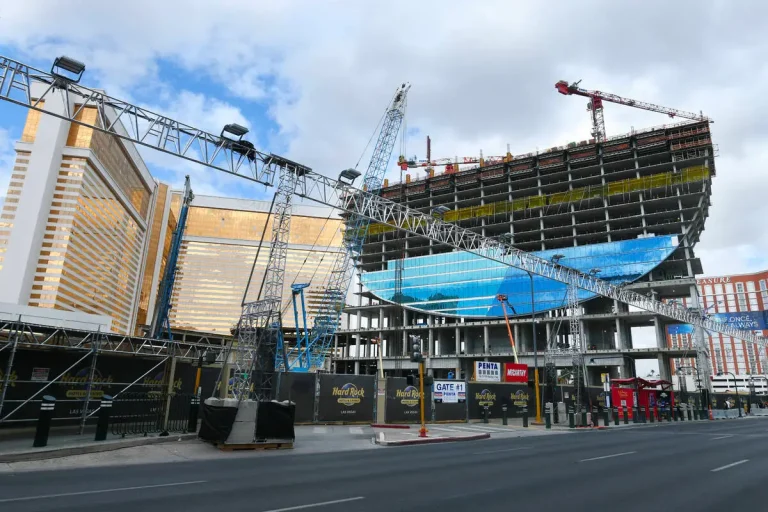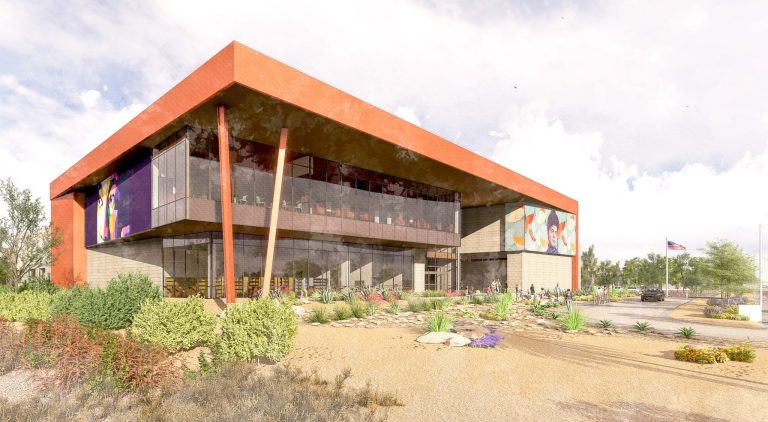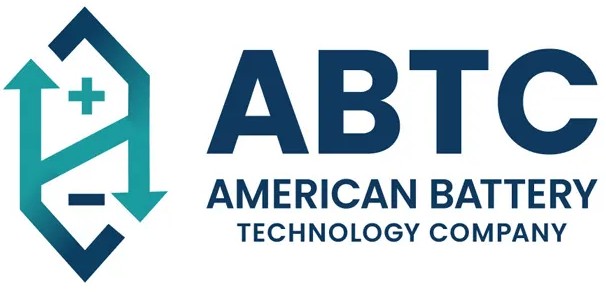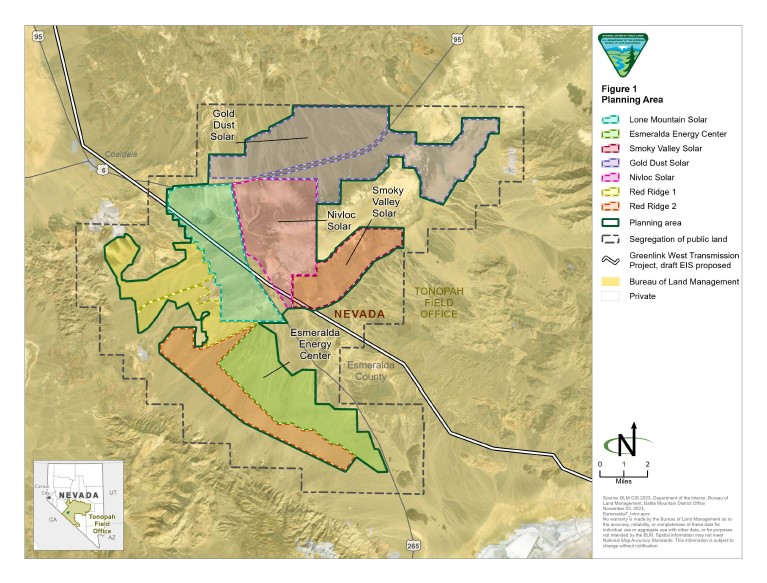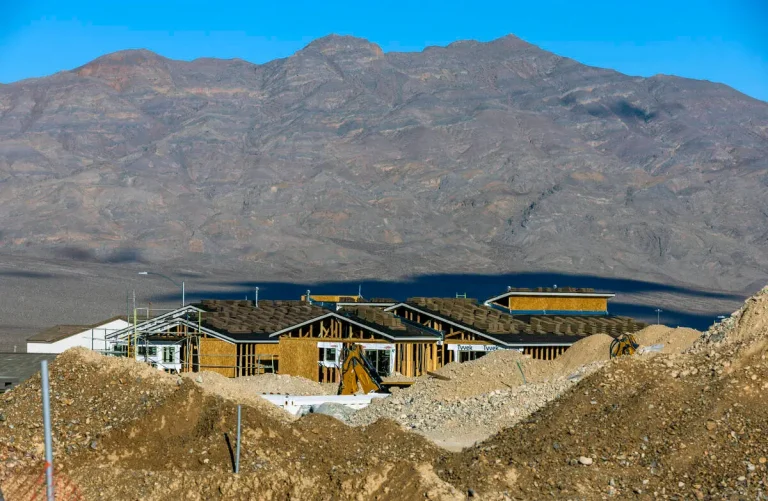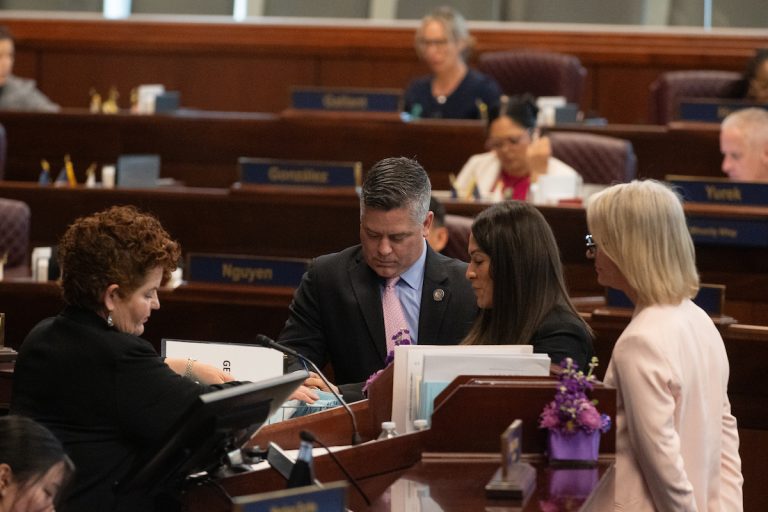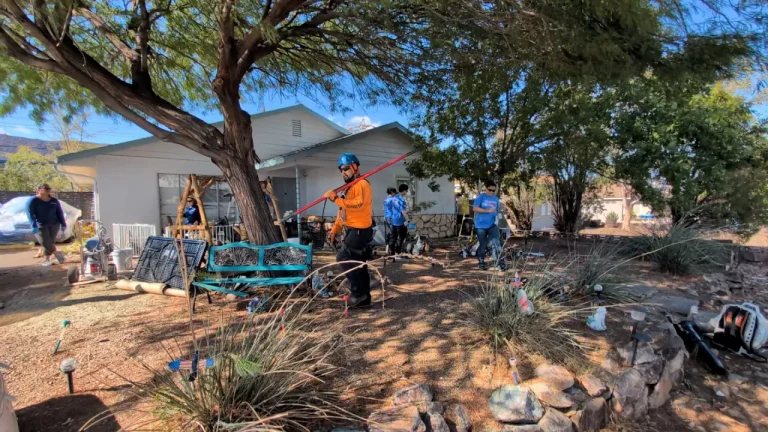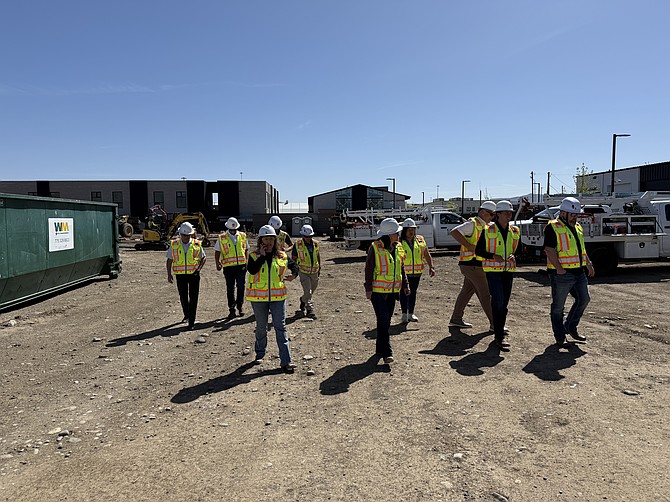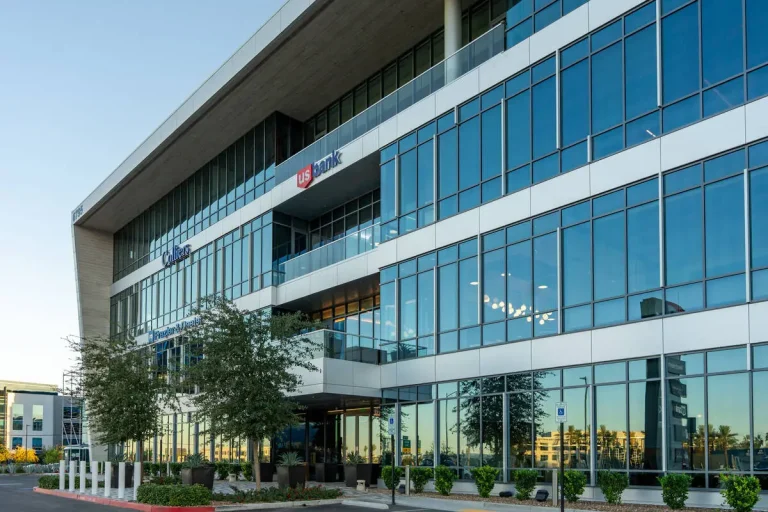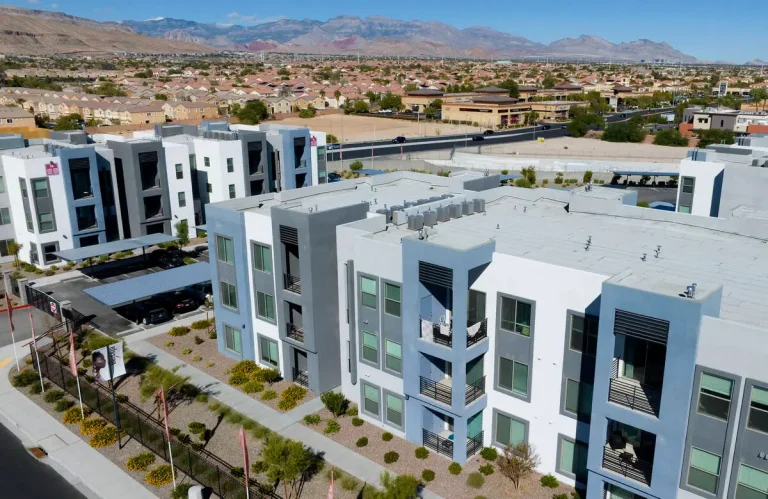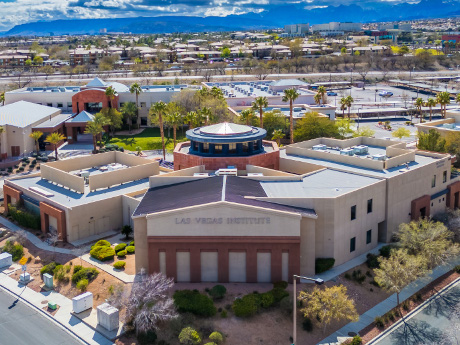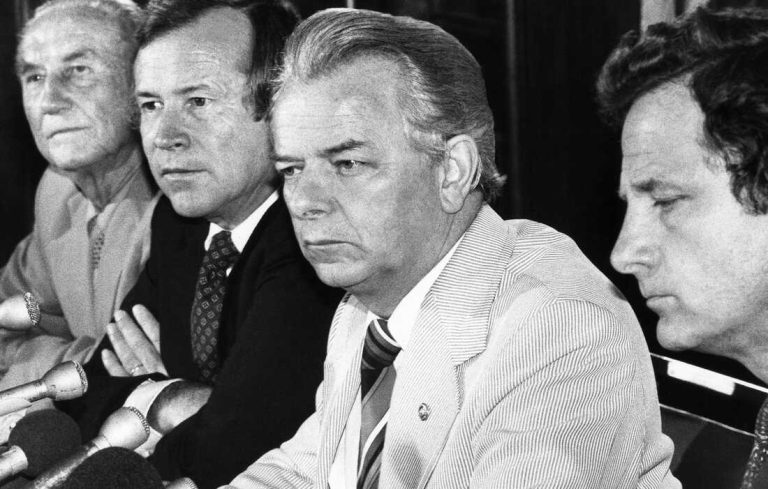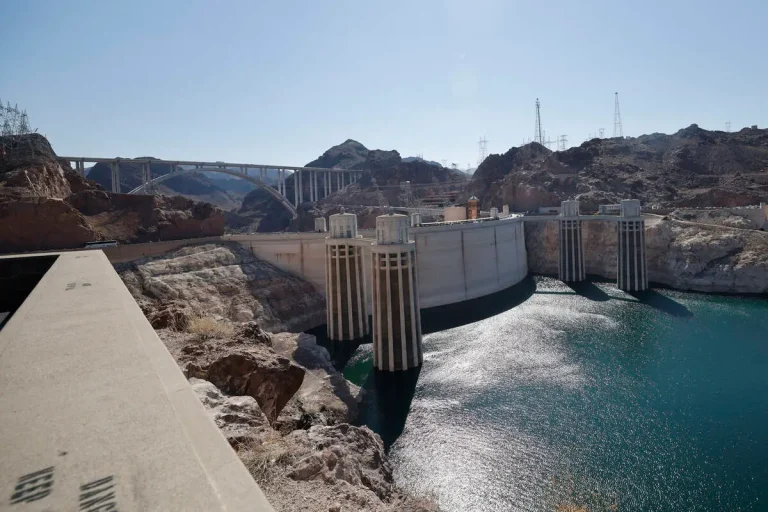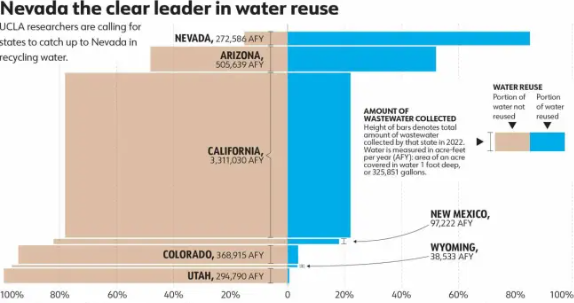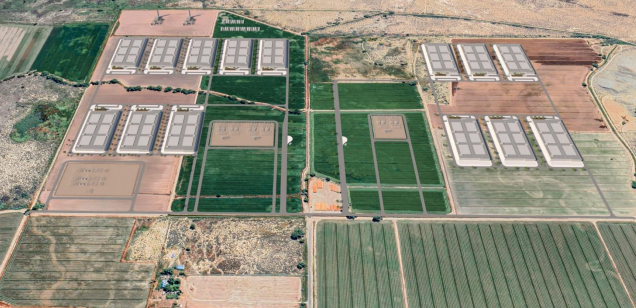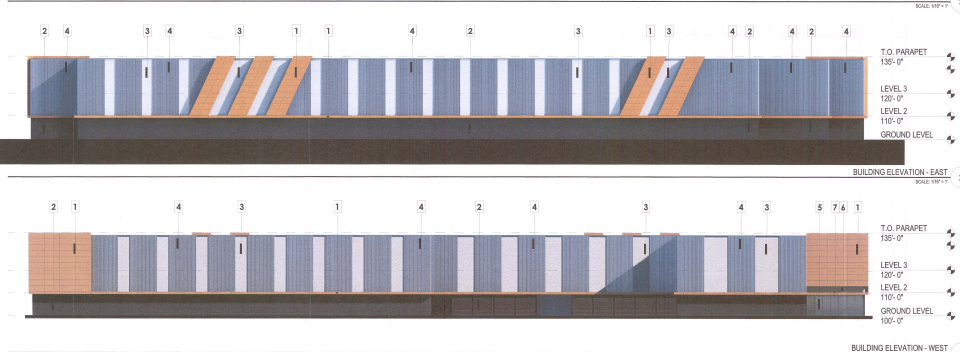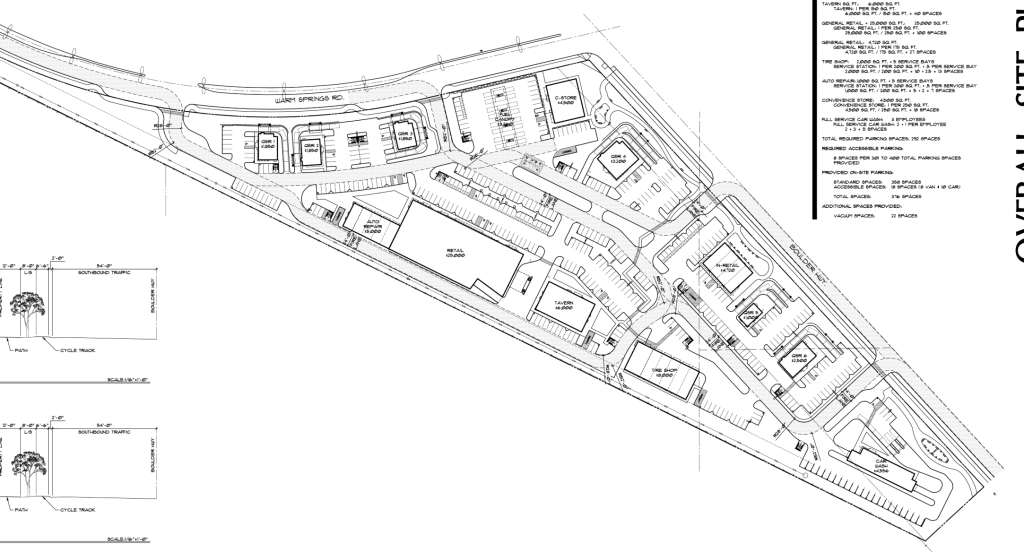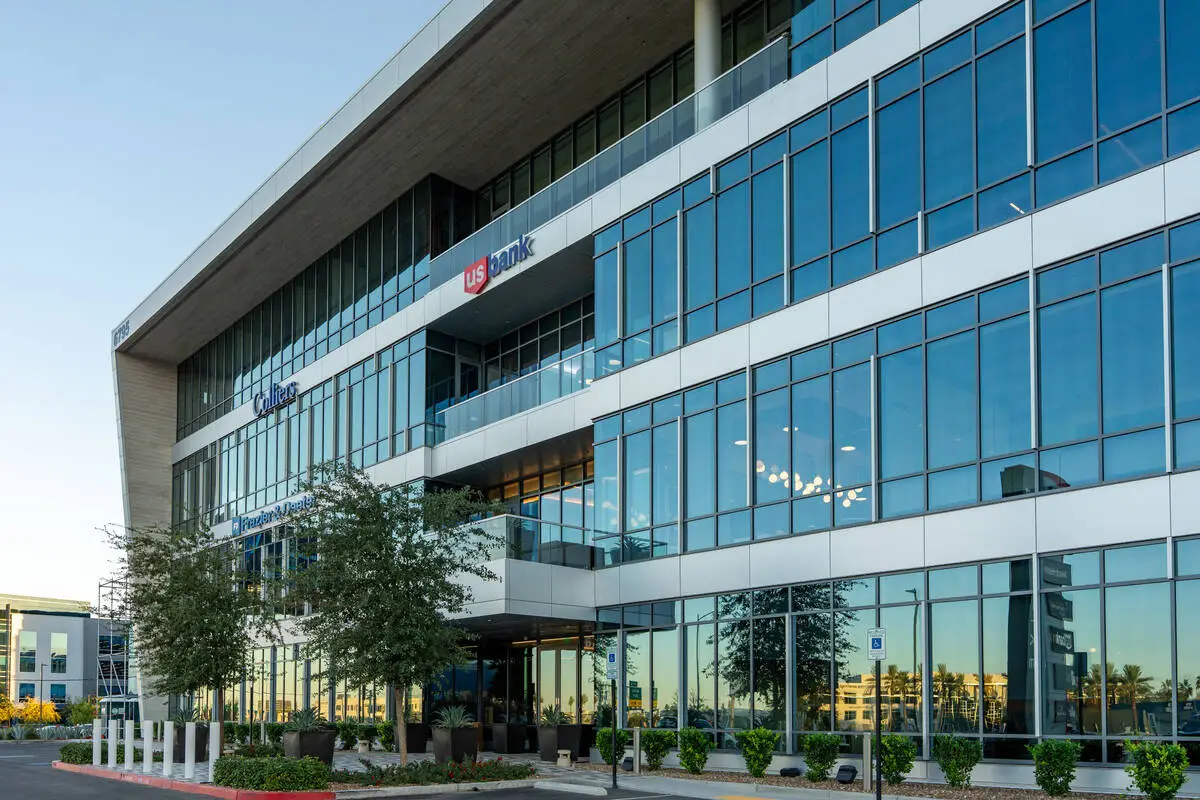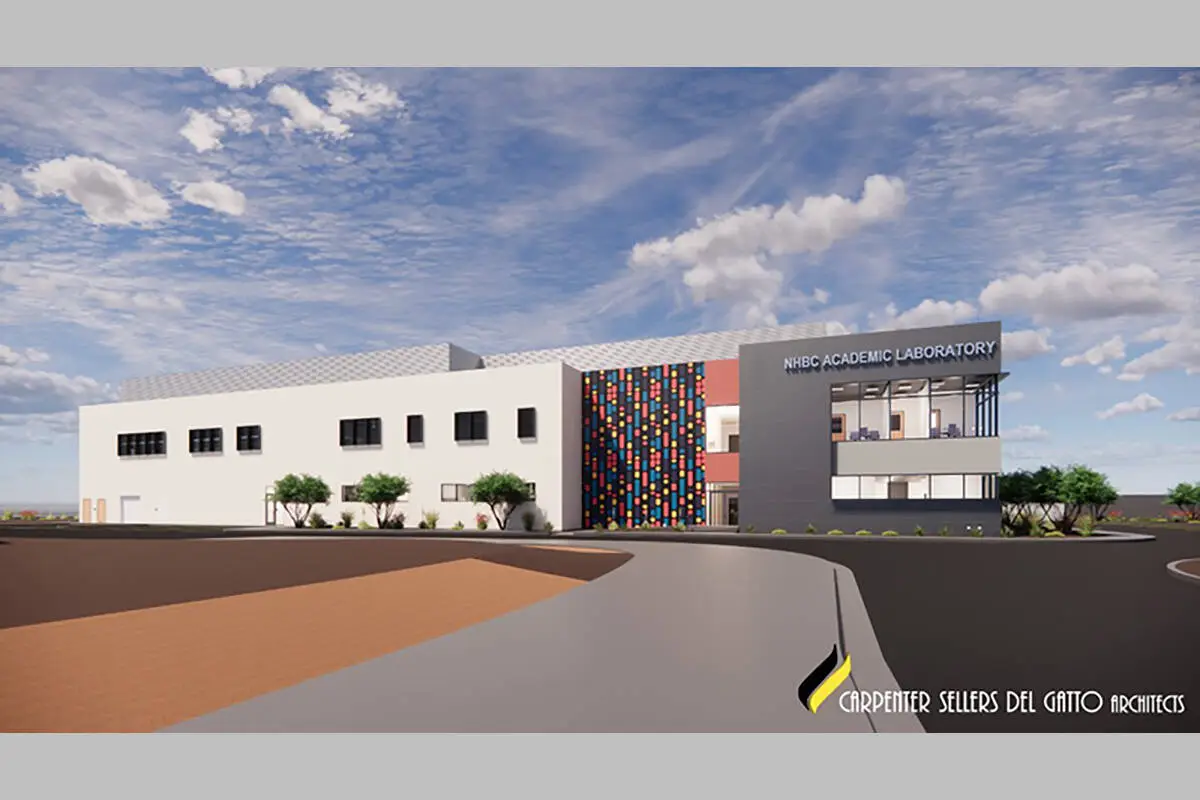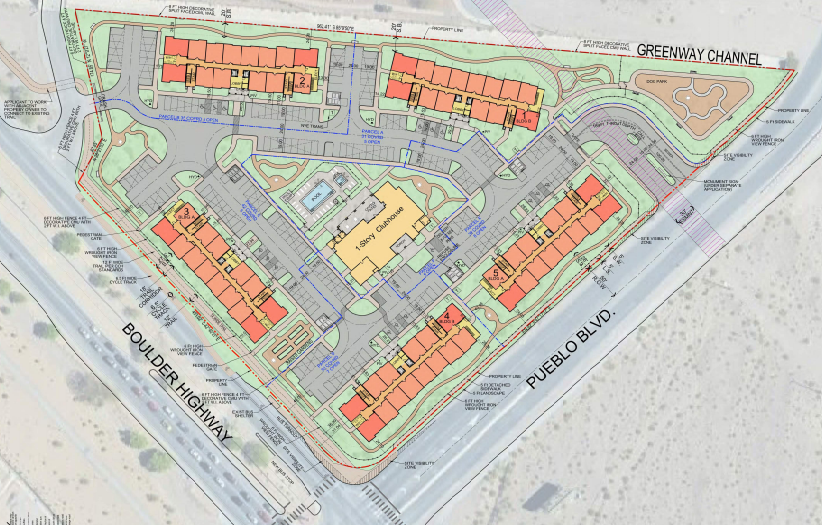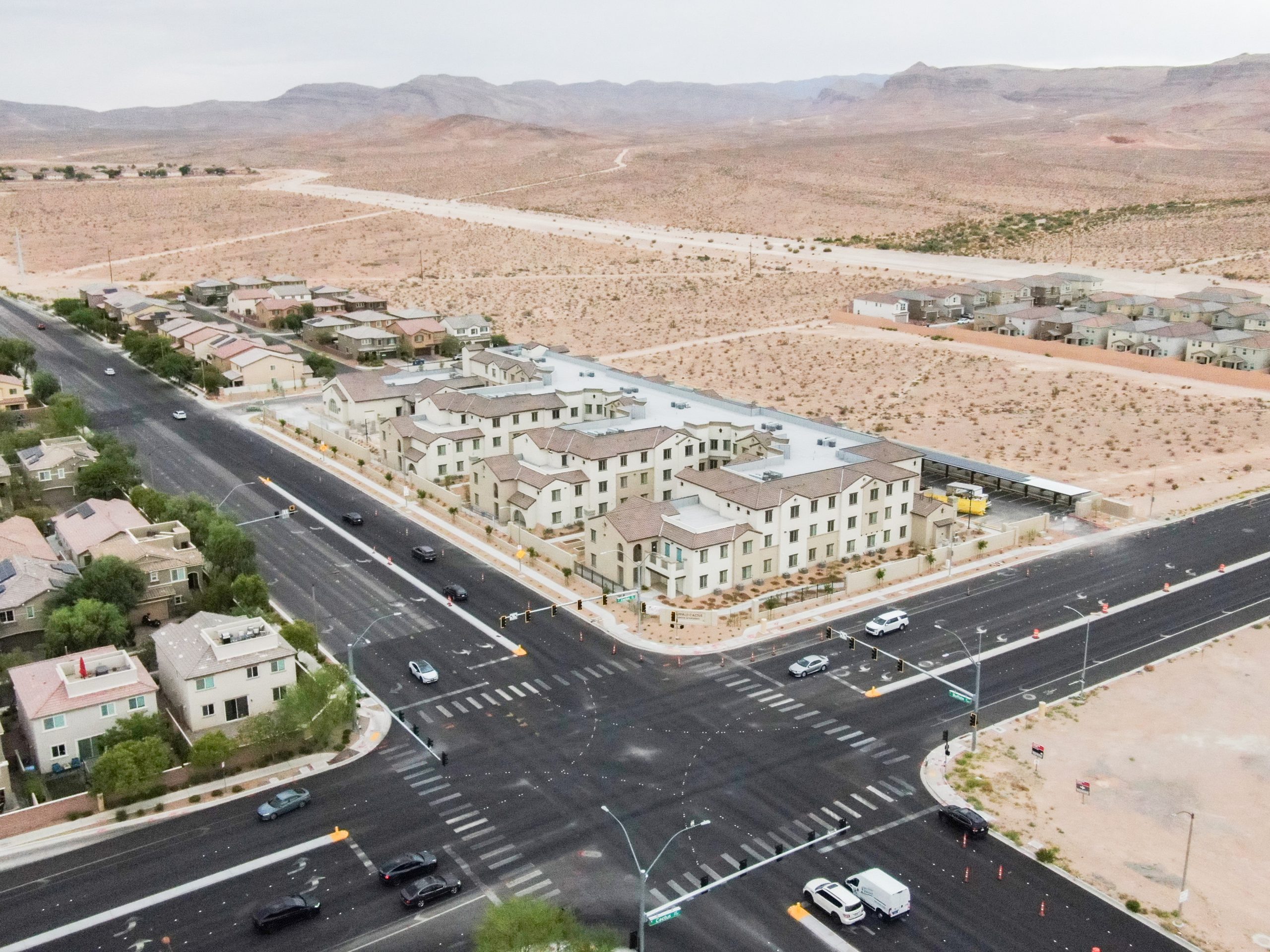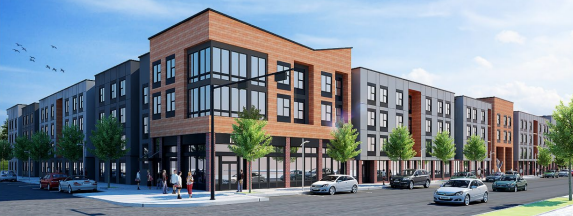Gov. Joe Lombardo announced the Governor’s Office has submitted its final proposal for the Nevada Broadband Equity, Access and Deployment plan to the National Telecommunications and Information Administration.
This marks the third phase of the High-Speed Nevada Initiative. This development, alongside previous investments through the State Recovery Fund and Capital Projects Fund, will help provide high-speed internet to nearly 50,000 underserved homes, businesses and community institutions, according to a press release from the Governor’s Office.
The Governor’s Office of Science, Technology and Innovation employed a bidding process to determine which companies would receive funding once the BEAD proposal receives its final approval.
According to the press release, BEAD funding accounts for $170M, the State Fiscal Recovery Fund is providing $100M, $52M is being sourced from the Capital Projects Fund, and private investments are providing an additional $53M. Nevada has already committed $275M throughout the lifespan of the program.
Potential BEAD funding awardees consist of:
- Valley Electric Association,
- Amazon Kuiper Commercial Services,
- Anthem Broadband Nevada,
- AT&T,
- Beehive Broadband,
- Commnet of Nevada LLC,
- Cox Communications,
- Digital Technology Solutions Inc. (dba DTS Fiber),
- E4 Connect,
- Filer Mutual Telephone Company (dba Truleap Technologies),
- Moapa Valley Telephone Company,
- Reno Sparks Indian Colony,
- Rural Telephone Company,
- Satview Broadband Ltd.,
- SkyFiber Internet,
- Space Exploration Technologies Corp.,
- Stimulus Technologies of Nevada LLC and
- WeLink Communications Inc.
The awardees will be finalized upon NTIA approval. In his statement, Gov. Lombardo said establishing statewide high-speed internet was one of his top priorities.
The move is intended to spark economic development, work, education, healthcare and overall opportunities. Phase III is specifically targeted for underserved populations and will utilize a mixture of fiber-optic, hybrid fiber-coax, licensed fixed wireless and satellite broadband technologies.
The NTIA is expected to approve the proposal by the end of the year. Construction is expected to run throughout the next four years.



